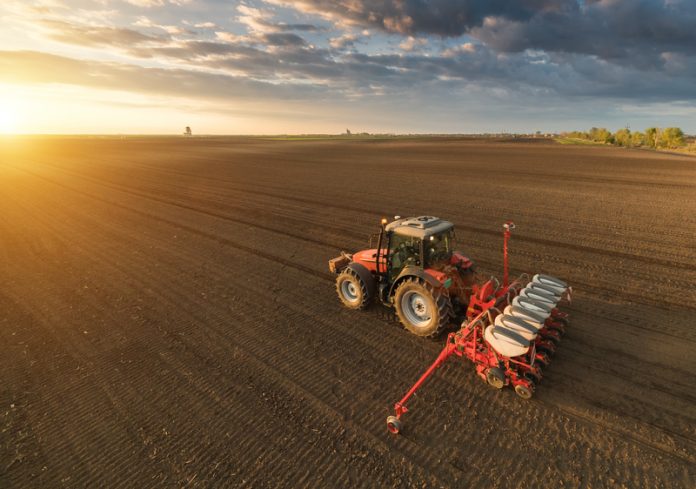The EU’s recent €500m aid package is good news for European farmers and agri-food markets, writes EU Agriculture Commissioner Phil Hogan
Market difficulties and price pressures in recent months have been a cause for real concern to farmers and agri-businesses across Europe.
The €500m aid package is a significant statement of support by the Commission for European agriculture. In view of the huge challenges facing the EU at this time – both economic and social – a package of this size represents a decisive and robust response to current difficulties. And, crucially, it is only one part of a multi-pronged approach to stabilise Agri markets in the short, medium and long term.
Cashflow is the immediate priority for farmers in the depressed price environment, particularly in the dairy and pig meat sectors. For this reason, I have exceptionally allowed the advance payment of up to 70% of Direct Payments and 85% of area-based schemes under Pillar II, by 16th October. This puts much-needed cash in farmers’ pockets. No on the spot controls will be needed before the advanced payments are made. This derogation is a significant change and has highlighted my willingness to be flexible and proactive in supporting producers.
The €500m package will target farmers most in need of aid. Farmers will receive €420m in direct support, with additional possibilities under Private Storage Aid for skim milk powder (SMP), cheese and pig meat. On top of this, the increase in funding for promotion will see €30m in new money ring-fenced to promote exports of dairy products and pig meat.
As well as directly supporting farmers, this package aims to stabilise markets in the short term. For this reason, I have proposed a new and enhanced Private Storage scheme for SMP, cheese and pig meat.
There will be an increase in the aid rate for skimmed milk powder by over 100% and the storage period will be fixed for a year. This is better for the farmer and operator on two grounds – firstly, it takes product quickly off the market and for a sufficient length of time to see a market recovery. Secondly, it covers not only the operating costs but also the financing cost of putting a product in storage versus taking a price for it now on the marketplace.
With medium-term forecasts positive, and the global dairy auction price trending upwards, with a 48% increase since August, this is a potential win-win for producers and operators. By contrast, increasing intervention prices, even on a temporary basis, would take up to 18 months to implement. It would neither put money in the pocket of farmers nor stabilise markets in the short term – it would amount to “kicking the can down the road”.
Learning from the experience of the last PSA for cheese, the new scheme will provide for a total amount of 100,000 tonnes to be broken down by the Member States, based on their respective cheese production – this will be of benefit to Irish producers, in comparison to the previous PSA.
The new PSA scheme for pig meat will be extended to fresh lard, responding to the proposal that some of the so-called ‘fifth-quarter cuts’ should be included – an enhancement to the scheme in operation earlier this year.
Beyond these immediate measures, any medium-term solution for stable agricultural markets will require action to address imbalances in the food chain. As EU Commission President Juncker put it so eloquently in his recent State of the Union address, “there is something wrong in a market when the price of a litre of milk is less than the price of a litre of water”.
He has called on European and national competition authorities to take a close look into the structure of the market and mentioned the retail stage in particular.
This coincides with the Commission’s in-depth analysis of the whole food chain, which will also focus on market structure as well as the resulting market behaviour and its impacts from farm gates to retailers’ shelves. The results of all this work will help us table necessary proposals as soon as possible.
We have a lot to learn from experiences in Spain and the UK, where watchdogs such as the Groceries Code Adjudicator are shining a light on problems in the food chain and taking action to restore balance. In conclusion, I am working decisively with Ministers and MEPs to ensure that this once-off, exceptional package of measures will put money in struggling producers’ pockets in the short term. It will contribute to stabilising markets and will provide a blueprint for a fair deal for producers in the food chain.
Phil Hogan
EU Commissioner for Agriculture and Rural Development
European Commission











